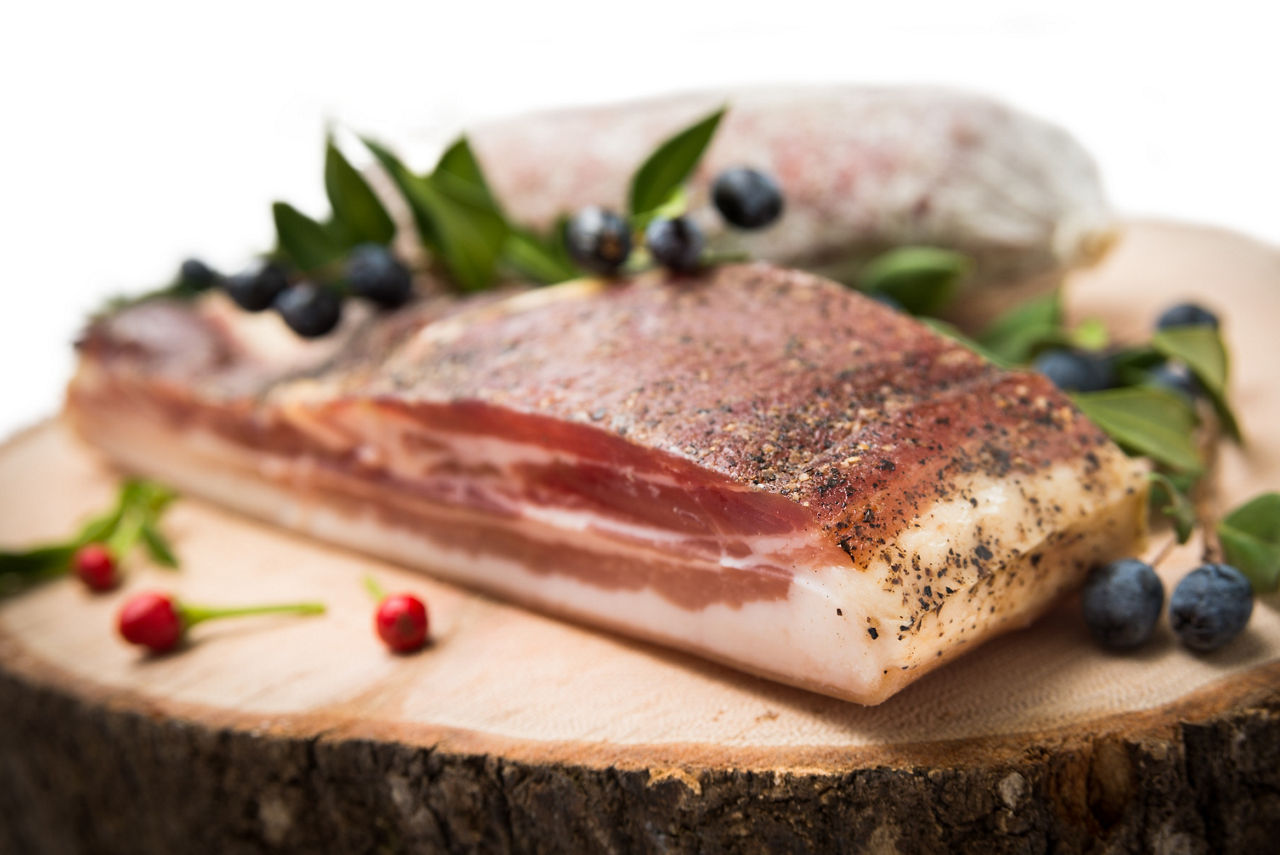Breastmilk is the best for babies. The World Health Organisation recommends exclusive breastfeeding for the first six months of life. Unnecessary introduction of bottle feeding or other food and drinks will have a negative impact on breastfeeding. After six months of age, infants should receive age-appropriate foods while breastfeeding continues for up to two years of age or beyond. Consult your doctor before deciding to use infant formula or if you have difficulty breastfeeding.
- Week 1
- Week 2
- Week 3
- Week 4
- Week 5
- Week 6
- Week 7
- Week 8
- Week 9
- Week 10
- Week 11
- Week 12
- Week 13
- Week 14
- Week 15
- Week 16
- Week 17
- Week 18
- Week 19
- Week 20
- Week 21
- Week 22
- Week 23
- Week 24
- Week 25
- Week 26
- Week 27
- Week 28
- Week 29
- Week 30
- Week 31
- Week 32
- Week 33
- Week 34
- Week 35
- Week 36
- Week 37
- Week 38
- Week 39
- Week 40
Should I Avoid Fats During Pregnancy?
We all hate that “f” word – fats are often deemed unnecessary, undesirable and unhealthy! However, certain fats play an essential role when it comes to your baby’s growth during pregnancy. Here’s a quick guide on what’s good and bad.
We’re often told to limit our intake of fat. However, did you know that fat is an important source of energy? Fat helps the body absorb certain nutrients and provides essential fatty acids that your body can’t make. These are vital for your baby’s development during pregnancy1.
But before you race to the supermarket for more potato chips, know that some fats are better for you than others. To help you get the skinny on fat, here is a brief overview of the 3 fat types: saturated fats, trans fats and unsaturated fats1.
Saturated Fats
Saturated fats are bad fat that increase the level of cholesterol in your blood. It is wise to limit your intake of saturated fats as this can lead to heart disease and what we all dread – weight gain.
High levels of saturated fats are found in foods such as fatty cuts of meat, full-fat dairy foods, cakes and biscuits, potato chips, cream and ice cream. Let’s get down to business, and put our unhealthy cravings to a stop.
Trans Fats
Besides saturated fats, avoid trans fats as much as possible as they worsen your heart health. Trans fats are found in small amounts in meat and dairy, margarines, spreads and snack-time favourites such as pastries, cakes, sweets and chips. Too much of these can raise cholesterol levels and increase your risk of heart disease – it pays to keep a keen eye on nutrition labels.
Essential Fats (unsaturated fatty acids)
Essential fatty acids are especially important during pregnancy because they support your baby’s growth and development. In particular, look out for linoleic and alpha-linolenic acid, otherwise known as omega-6 and omega-3 respectively3.
If you are already eating oily fish, that’s a good start as it is an excellent source of omega fats12. To support the development of your baby’s brain, eyes and nervous system8,9,10, consider incorporating7 salmon, mackerel and sardine into your diet. You may also choose to cook with olive oil, and munch on sunflower seeds between meals. However, be sure to limit your intake of these fishes to 2 portions per week as they can contain very high levels of mercury12.
Tips on Fat Intake
While there isn’t an optimum amount of fat intake during pregnancy, you can consider the following food alternatives to increase your intake of essential fats7:
• Choose lean cuts of meat instead of fatty cuts
• Grill, steam or bake instead of fry
• Use olive oil instead of butter for cooking
• Snack on a handful of nuts instead of cakes or biscuits

Connect with our team of experts
We provide advice and support for you on your parenthood journey




